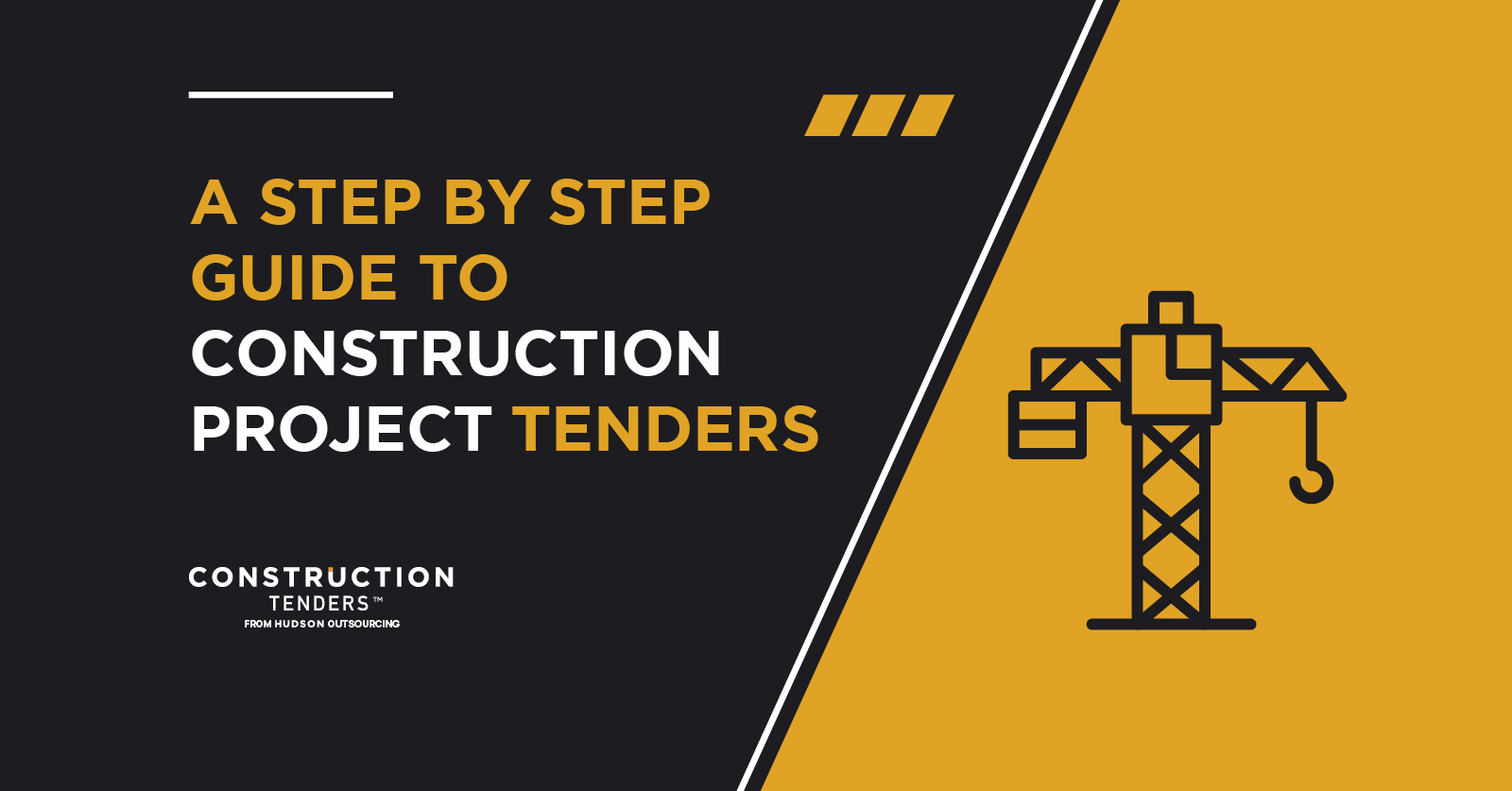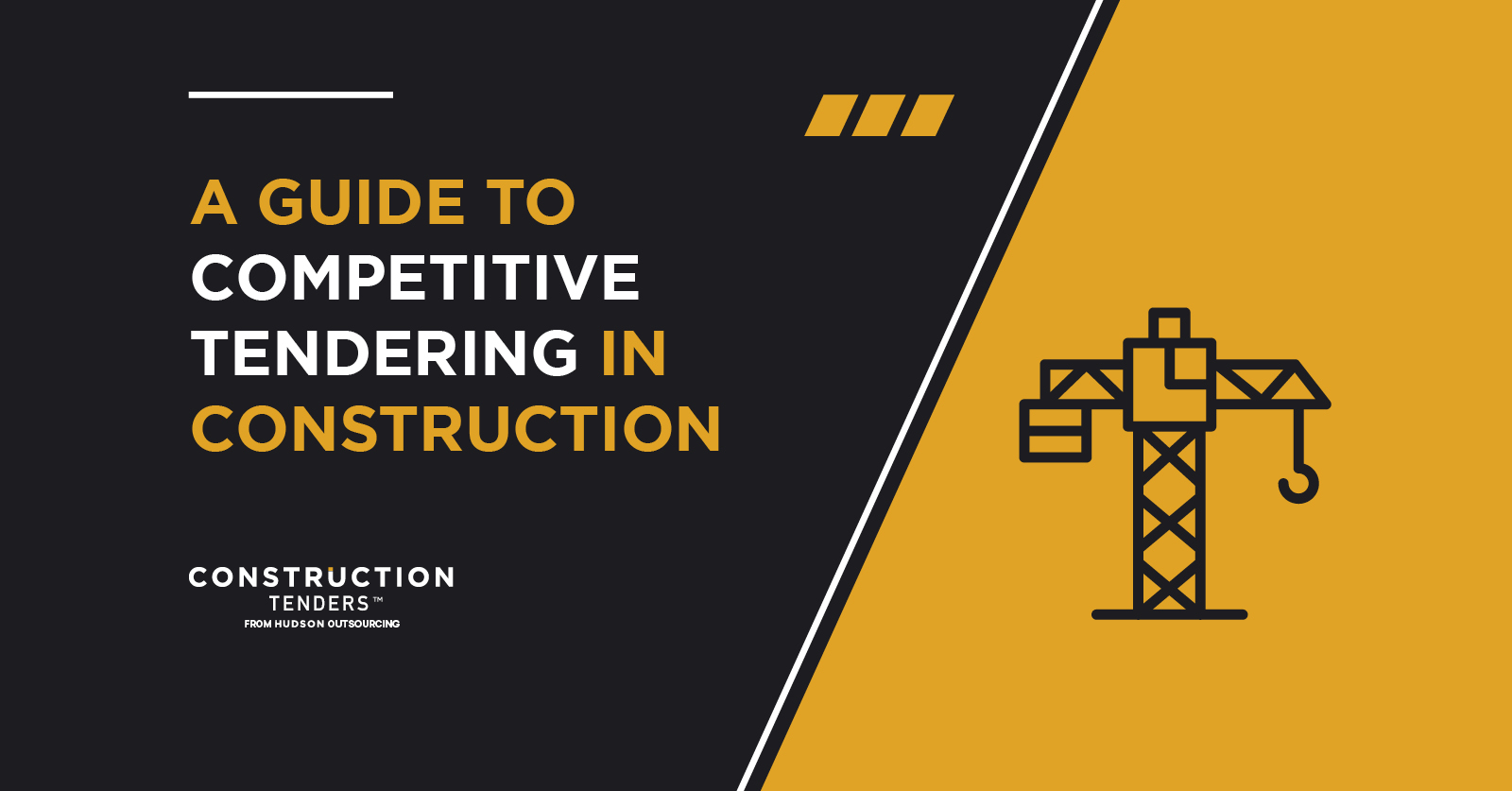Introduction
Securing construction contracts is crucial for the growth and sustainability of businesses in the industry. However, finding the right opportunities can be challenging, given the competitive nature of the sector. With new projects emerging regularly, it’s essential to stay informed about upcoming construction tenders to maximize your chances of winning bids.
A reliable construction bid tracking system can help businesses identify tenders that match their expertise, ensuring they never miss an opportunity. This guide explores where to find the best construction tenders and how bid tracking can streamline the process.
Why Finding the Right Tenders Matters
Success in construction tendering isn’t just about submitting bids—it’s about finding the right tenders that align with your capabilities, experience, and business goals. Choosing the wrong opportunities can lead to wasted resources, unsuccessful bids, and financial strain. By focusing on suitable tenders, businesses can:
- Improve their success rate in winning contracts.
- Optimize resource allocation and project planning.
- Strengthen their reputation in the industry.
Where to Find the Best Construction Tenders
1. Government Procurement Portals
Public sector construction tenders offer significant opportunities for businesses of all sizes. Government projects are often published on official procurement websites, making it easy to access a wide range of tenders. These portals typically provide:
- Local, regional, and national government construction projects.
- Framework agreements and term contracts.
- Transparent evaluation criteria and fair competition opportunities.
Monitoring these portals regularly ensures you never miss a public-sector construction tender that fits your expertise.
2. Private Sector Tender Portals
Unlike government contracts, private sector tenders may not always be publicly advertised. However, many major developers, corporations, and real estate firms publish tenders through specialized construction tender portals. These platforms:
- List projects from private companies, property developers, and infrastructure firms.
- Provide direct access to high-value and long-term contracts.
- Offer opportunities for subcontracting on larger projects.
Engaging with these portals increases visibility and access to exclusive private sector projects.
3. Local Authority and Council Websites
Many construction projects are commissioned by local councils, offering smaller-scale but lucrative contracts. These tenders are ideal for businesses looking to:
- Work on public infrastructure projects such as roads, schools, and community centers.
- Build long-term relationships with local government bodies.
- Gain credibility and experience in the public sector.
Regularly checking local authority websites can help businesses find upcoming construction tenders within their region.
4. Networking and Industry Events
Attending industry events, trade shows, and networking meetups can open doors to upcoming tenders. Many construction companies and developers announce new projects at events or seek potential contractors through professional networks. Benefits of networking include:
- Gaining early insights into upcoming tenders before they are publicly advertised.
- Building relationships with key decision-makers and procurement officers.
- Discovering subcontracting opportunities with larger firms.
Being proactive in industry networking can give businesses a competitive edge when bidding for contracts.
5. Trade Associations and Membership Organizations
Joining industry associations such as the Federation of Master Builders (FMB) or the Construction Industry Training Board (CITB) provides access to exclusive tenders. These organizations:
- Publish construction tender listings for members.
- Provide training and certification to enhance bid credibility.
- Offer insights into emerging trends and upcoming opportunities.
Membership in such organizations can enhance a business’s visibility and credibility within the construction sector.
6. Direct Contact with Developers and Contractors
Sometimes, the best way to find construction tenders is through direct engagement. Reaching out to property developers, housing associations, and general contractors can uncover upcoming projects. This approach helps businesses:
- Identify potential projects before they are officially advertised.
- Develop partnerships with firms seeking subcontractors.
- Gain insights into buyer requirements and expectations.
By maintaining strong relationships with industry stakeholders, businesses can position themselves for future tender opportunities.
7. Using a Construction Bid Tracking System
A construction bid tracking service simplifies the process of finding the right tenders by providing:
- Real-time alerts on new tenders that match your business’s capabilities.
- Detailed tender breakdowns, including contract value, scope, and requirements.
- Competitor insights to help refine your bidding strategy.
With a bid tracking system, businesses can avoid missing out on crucial opportunities and focus on preparing high-quality proposals.
How to Maximize Your Success in Winning Tenders
Finding the best opportunities is only half the battle—winning them requires a strategic approach. Here are key steps to improve your tendering success:
1. Prequalify for Tenders
Some tenders require prequalification, where businesses must demonstrate:
- Financial stability and capability to complete projects.
- Relevant experience and case studies of similar work.
- Compliance with health, safety, and environmental regulations.
By ensuring your business is prequalified, you improve your chances of being invited to bid on high-value projects.
2. Tailor Each Bid to Buyer Requirements
Submitting a generic proposal won’t win tenders. Customize each bid by:
- Carefully reviewing tender documents and understanding evaluation criteria.
- Highlighting relevant experience and successful project completions.
- Demonstrating value-added services such as cost savings, sustainability, or innovation.
A well-tailored bid increases your chances of being shortlisted and selected.
3. Offer Competitive but Realistic Pricing
Price is a critical factor in tender evaluation, but underbidding can harm credibility. Ensure your pricing is:
- Competitive while maintaining profitability.
- Clearly justified with a breakdown of costs.
- Aligned with market rates and industry standards.
Transparent and fair pricing reassures buyers that your business can deliver quality work without financial risks.
4. Leverage Past Performance and Case Studies
Even if your business is new, you can still strengthen your bid by showcasing:
- Successful projects with detailed case studies.
- Testimonials from satisfied clients and partners.
- Relevant experience from subcontracting or working on smaller projects.
Buyers want assurance that contractors can meet their expectations, so strong case studies can make a significant impact.
5. Stay Organized and Meet Deadlines
Late submissions can result in automatic disqualification. Keep track of deadlines by:
- Using a bid tracking system to monitor tender timelines.
- Preparing required documents in advance.
- Ensuring compliance with all submission requirements.
Proper organization improves efficiency and ensures you never miss a critical opportunity.
Conclusion
Finding and winning construction tenders requires a strategic approach, from identifying the right opportunities to preparing competitive bids. Whether you’re targeting public or private sector contracts, leveraging industry networks, or using a construction bid tracking system, staying proactive is key.
A bid tracking service provides a competitive advantage by streamlining the tender search process, alerting businesses to new opportunities, and helping them focus on high-potential contracts. By continuously improving your tendering strategy and maintaining strong industry relationships, your business can secure valuable construction contracts and grow sustainably in the sector.









